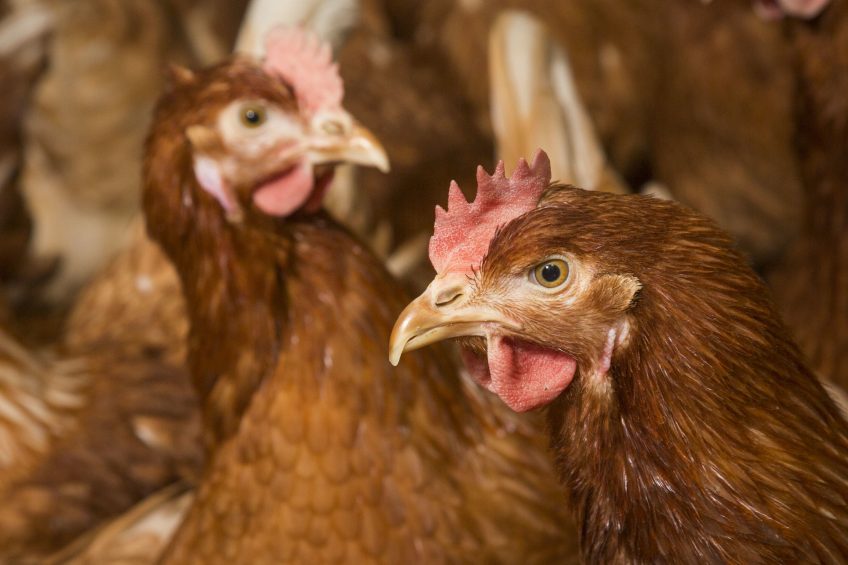Morrisons to bring forward cage free commitment

Poultry leaders have expressed surprise at the decision by leading retailer Morrisons to bring forward their cage free commitment by three years.
Morrisons confirmed this week that all of its shell eggs will be from cage-free production systems by 2022 rather than 2025 as originally announced.
Sources suggest that Morrisons are defining cage free as free range birds rather than barn-based systems.
In a statement the supermarket said: “We have been listening hard to our customers about taking eggs from caged hens and so we are bringing our commitment to go cage-free forward by three years.
“All our shell eggs will be from cage-free production systems by 2022. All eggs used in our own brand products will be from cage-free production by 2025.
“We have been working with our suppliers on this for a long time, and since we brought the Chippindale Foods business into our company earlier this year, have had the opportunity to work even more closely with the farmers who supply us directly.
“This means we can work together to make these production changes at a farm level in a sustainable way.”
Morrisons hinted back in February when it bought Chippindale Foods that the purchase would bring forward the date at which all the company’s eggs would come from non-caged hens.
Gary Ford, NFU chief poultry adviser, said that while the union welcomed the clarification in timelines but said it was surpising the company had decided to phase out “perfectly good systems of production earlier than originally announced.
“Colony egg production is a sustainable system of production giving consumers a choice of a value egg which is important as many will be on a budget.
“The NFU will seek further clarification on what the announcement means for their existing colony cage producers. Morisons has stated that they will work closely with their key suppliers and will be offering various initiatives to producers to aid with the transition to free range,” he added.













